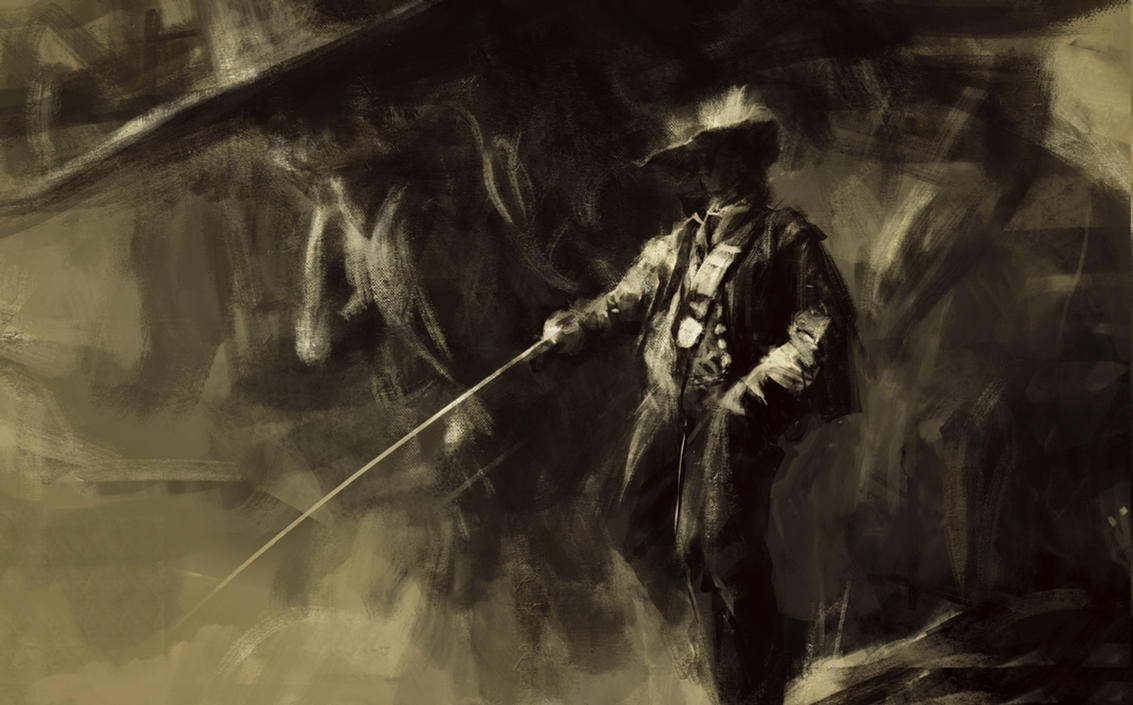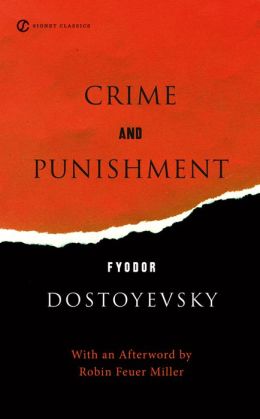
Being murdered isn't very much fun, if you're the one who get's shot, that is. Naturally, the person who did it feels a certain amount of relief afterwards, but there's still that tenseness that he may be caught, and that might just give him away.
I'm working on a short story right now that uses this concept, the concept of the murderer giving himself away directly after the committing of the crime. The only problem is that the people around him have to pick up on his slip-ups.
One twist that I'm putting in (you'll know this almost from the beginning, so I'm not giving out any spoilers) is that all the characters, with the exception of the victim, are involved in the murder more or less. They've all made plans to kill the victim at one point, or at least have someone else kill the victim.
This is very much an experimental story. It's also set in modern times, so don't let the title fool you. I allude to the novel by Dumas quite a bit in the story, and I've taken an important theme from The Three Musketeers--"One for All, and All for One"--as a theme for my story.
So, maybe you're wondering why I'm making such a big deal about this right now. ("Aren't you supposed to be in college?") Actually, it's just something that I've been thinking about a good deal lately. You probably know, if you've been around here for very long, that I'm a huge Agatha Christie fan. I love murder mysteries of all types, and I've really begun branching out with my mystery reading. It's such an interesting genre, and I love the reader interaction in the story that doesn't always happen in other genres. I suppose it's only inevitable, then, that I should dedicate a good chunk of my writing time to churning out murder mysteries.
Which leads me to another problem. There are only six characters in my story, including the victim, and none of them, including the victim, are good. It's quite an interesting experience, actually, writing a story with only villains. For instance, what does one do with the ending. They can't win, but then, does no one win?
 I'm finding myself influenced by Crime and Punishment here. That's an amazing book, by the way, and if you've never read it you really should.
I'm finding myself influenced by Crime and Punishment here. That's an amazing book, by the way, and if you've never read it you really should.
My other big problem is motive. Do you realize how horrible a person you would have to be to have five whole people actively trying to kill you? Yes, hers was not an easy life.
By her, I mean Connie, the victim, of course. Connie's a nasty little piece of work, involved in blackmail and threats and possibly theft. Not that any of the others are better, either.
There's Ren, also called "Dad" by the others because he's serious and bookish. We also have Ollie, the oldest of the group, who's in his late twenties but has the tendency to brood in a Hamlet-esque manner. Char is a wild young woman who doesn't lead quite as ugly of a life as she tries to make everyone believe she does. Isaac is a body-builder type of guy, Ren's best friend and smart despite the fact that he always seems to look as though someone just punched him upside the head. Annie, the last of our gruesome band, is an unnatural redhead who acts like a blonde but has the presence of mind to ask others to do her dirty work for her.
With all the thought I've had to put into this story so far, I'm still not certain of what I'll do with it when I'm finished. One doesn't exactly publish a single short story. Still, I'm enjoying the writing of it!
Thanks for reading, and God bless,
Kathryn






